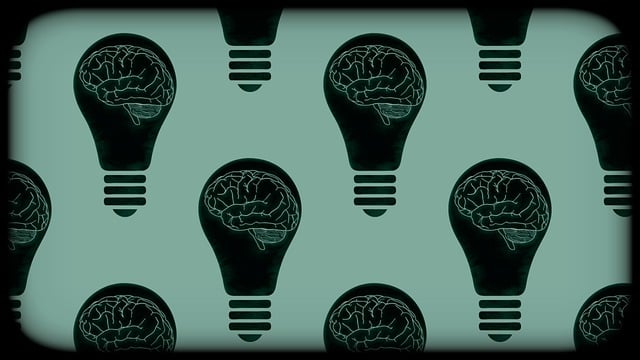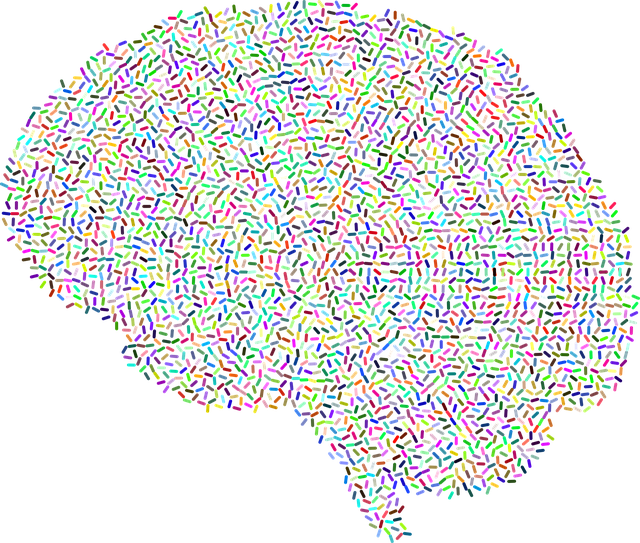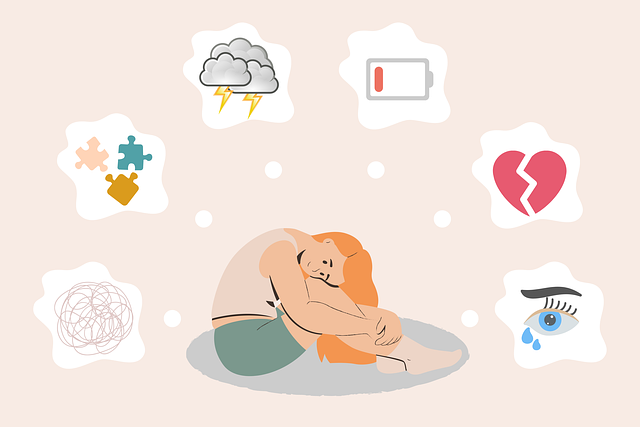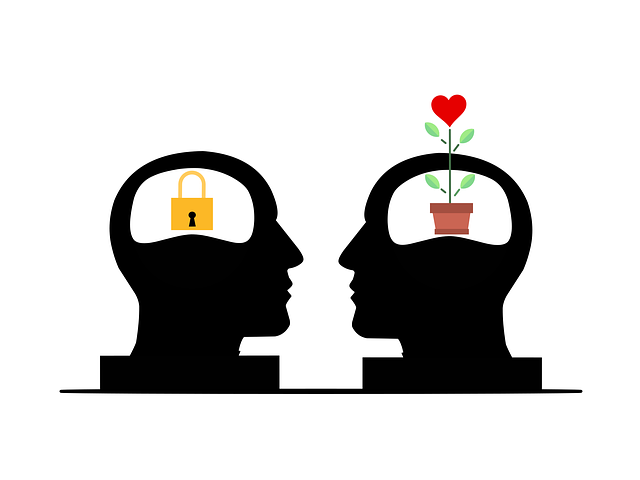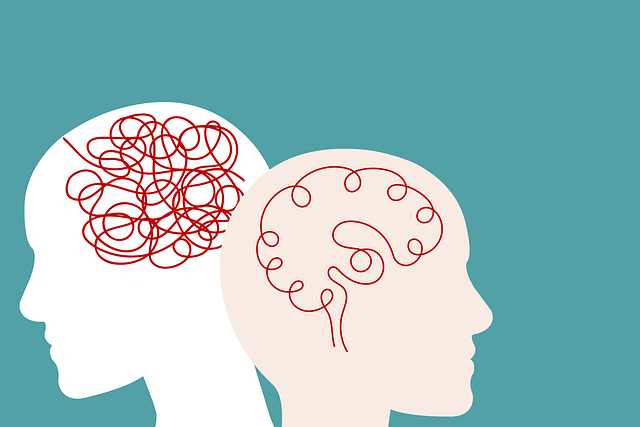The text highlights the negative impact of mental health stigma on children with Autism Spectrum Disorder (ASD), emphasizing the need for targeted interventions. It advocates for early therapy as a powerful strategy, offering personalized approaches to improve social integration and well-being. By addressing ASD-specific challenges, therapists build resilience and empower kids. Additionally, cultural competency training for healthcare providers is crucial to foster empathy and understanding, leading to better support for diverse mental health needs. This comprehensive approach contributes to inclusive policies, ensuring accessible and stigma-free services for young children with ASD.
Mental illness stigma continues to hinder individuals’ ability to seek help, with children on the autism spectrum (ASD) facing unique challenges. This article delves into understanding the profound impact of stigma and its effects on mental health, focusing specifically on ASD. We explore effective strategies for stigma reduction, highlighting the crucial role of therapy in fostering acceptance. By implementing targeted interventions, we can create a more inclusive society that supports children with ASD and promotes their overall well-being.
Key topics covered include the understanding of stigma, its impact, targeting ASD individuals, effective reduction strategies, and the essential role of therapy, particularly for young children with ASD.
- Understanding Stigma and its Impact on Mental Health
- Targeting Children with Autism Spectrum Disorder (ASD)
- Strategies for Effective Stigma Reduction
- The Role of Therapy in Combating Stigma
Understanding Stigma and its Impact on Mental Health

Stigma surrounding mental health issues can have profound effects on individuals and communities alike. When it comes to mental illness in children, such as those with Autism Spectrum Disorder (ASD), stigma often manifests in misconceptions and fear, leading to social isolation and barriers to accessing essential services. This can hinder the development of inner strength and limit opportunities for positive growth.
Therapy plays a pivotal role in addressing these challenges. Through specialized interventions, young children with ASD can learn coping mechanisms, develop self-care routines for better mental health, and cultivate positive thinking patterns. By fostering understanding and empathy, we can break down the walls of stigma, encouraging support systems to embrace and nurture these individuals’ unique strengths and needs.
Targeting Children with Autism Spectrum Disorder (ASD)

Reducing stigma surrounding mental illness is an ongoing process that requires targeted efforts across various demographics, including young children with Autism Spectrum Disorder (ASD). Early intervention and appropriate therapy for ASD can play a significant role in fostering understanding and acceptance within schools and communities. By incorporating strategies that address unique challenges faced by children on the spectrum, mental healthcare professionals can enhance their services’ effectiveness.
Cultural sensitivity in mental healthcare practice is essential when supporting these young individuals. Crisis intervention guidance tailored to ASD symptoms can help educators and caregivers recognize and respond to distressing behaviors appropriately, ensuring a safe environment for learning and development. Additionally, incorporating practices like mindfulness meditation into therapy has shown promise in improving emotional regulation skills, which can contribute to a more inclusive and supportive social setting for children with ASD.
Strategies for Effective Stigma Reduction

Mental illness stigma reduction requires a multifaceted approach to foster understanding and empathy within communities. One effective strategy is therapy for young children with Autism Spectrum Disorder (ASD), which can significantly alleviate symptoms and improve social interactions, thereby challenging societal perceptions. Early intervention plays a crucial role in breaking down barriers by normalizing diverse neurodiversity.
Additionally, stress management workshops organized by mental health advocacy groups offer individuals tools to cope with stress and anxiety, reducing the likelihood of mental health crises that can fuel stigma. Crisis intervention guidance and resilience building programs also empower people to navigate challenging situations, promoting a culture of support rather than judgment. These initiatives collectively contribute to destigmatizing mental illness and fostering inclusive communities.
The Role of Therapy in Combating Stigma

Therapy plays a pivotal role in reducing stigma surrounding mental illness, especially for vulnerable populations like young children with Autism Spectrum Disorder (ASD). Early intervention through tailored therapy sessions can significantly impact a child’s social integration and overall well-being. By addressing unique challenges associated with ASD, therapists help foster inner strength and resilience, empowering these young individuals to navigate social environments with greater confidence.
Additionally, healthcare provider cultural competency training is integral to the process. Educating professionals on the diverse experiences of individuals with mental health concerns fosters empathy and understanding, leading to more effective support. This, in turn, contributes to a more inclusive mental health policy analysis and advocacy, ensuring that services are accessible and stigma-free for all, including children on the autism spectrum.
Mental illness stigma reduction is a multifaceted approach, especially when focusing on vulnerable groups like children with Autism Spectrum Disorder (ASD). By understanding the profound impact of stigma and employing targeted strategies, including therapy for young children with ASD, we can foster greater acceptance and support. Effective stigma reduction efforts not only enhance mental health outcomes but also create inclusive communities where everyone feels valued and understood.
